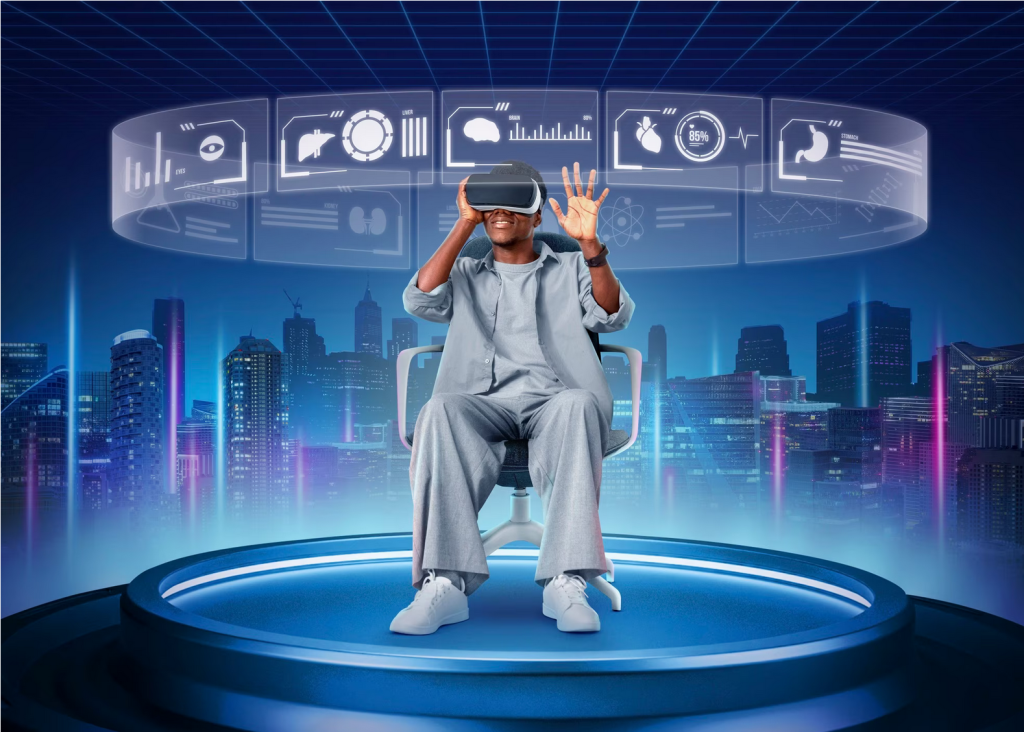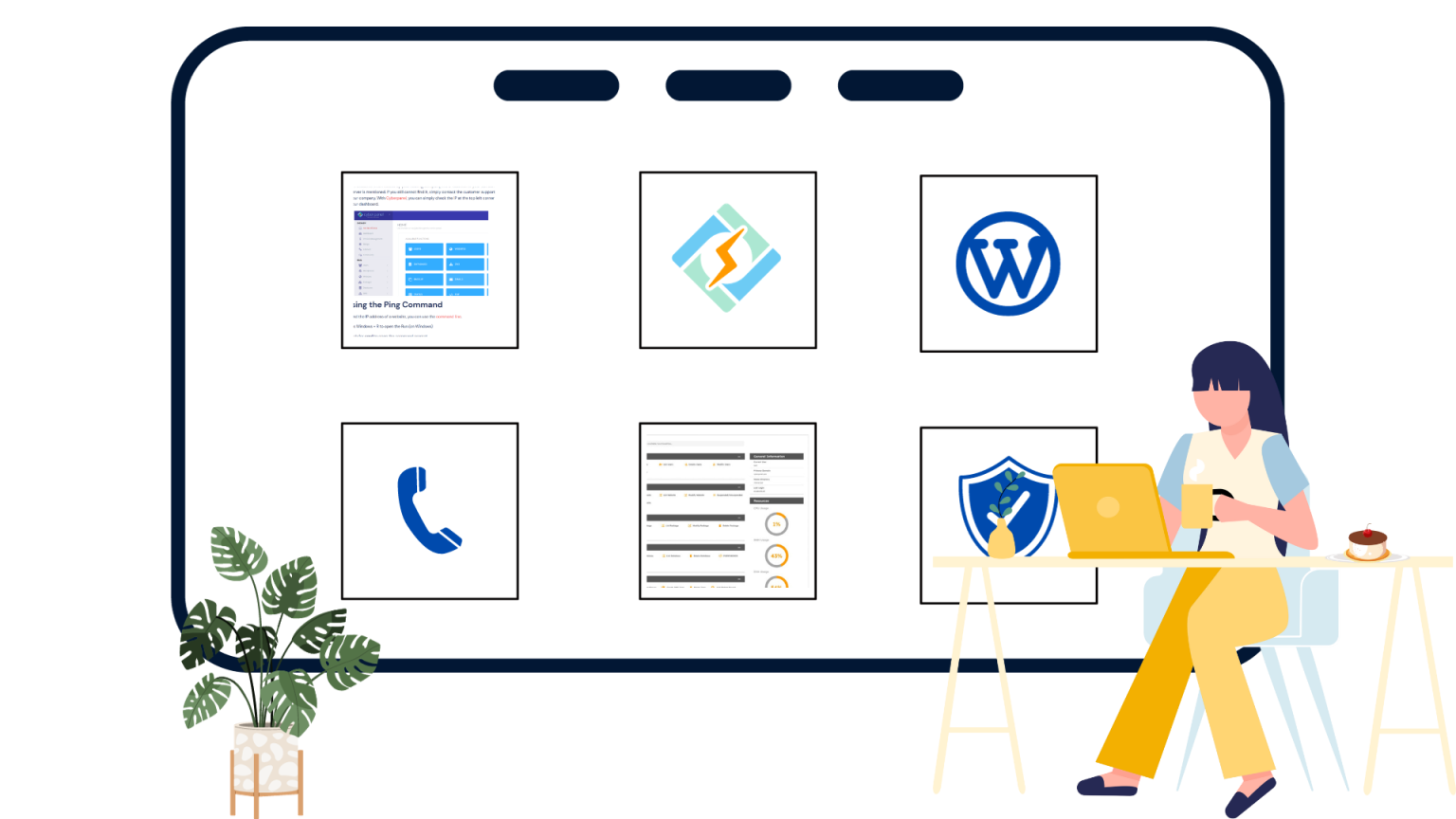Virtual Reality (VR) is an emerging technology that allows students to enter a simulated world where they can move around and explore. Augmented Reality (AR) involves overlaying the real world with digital information. This allows students to interact with digital and physical objects. Both of these technologies are having an impact on the classroom. Here are some of the benefits that can come from using them.

Make learning active
The use of immersive technology makes learning active rather than passive. When students actively engage with material they understand it more and can retain it. For example, they can take a virtual field trip to a historical monument, a famous mountain, or into outer space. They don’t only learn from a boring textbook. The use of a virtual reality headset enables them to have first-hand experience. VR and AR take students outside of the classroom borders and right into action. For example, they can learn about environmental issues by going into a simulation of the ocean so they can see first-hand the issues plastic is causing.
Students studying technology at college or university may find they need some free academic help. They can access online essay examples that cover diverse subjects. Online free essay examples for students are written by writers who know how to satisfy demanding academic standards. Students can find anything from an argumentative essay to a qualitative study-based research paper. They can use these essays as sources of inspiration. Learning some writing techniques from essay examples can help them to deliver a quality paper.
Create a tangible experience
VR allows students of history and ancient cultures to travel back and experience what it was like to live in those times. They don’t have to just read about ancient cultures but can tangibly experience them. Taking an AR tour of a beehive allows them to see how the bees all work together to support their community.
Get exclusive access to all things tech-savvy, and be the first to receive
the latest updates directly in your inbox.
As they move around in simulated environments, it ignites their interest and understanding. They can use AR to explore the internal organs of the human body in a biology lesson. Medical students can even walk inside the bloodstream of the human body and explore different organs.
Art students can visit art museums and experience famous paintings up close.
Learn real-life skills
VR can simulate environments where students can learn skills that help them in real life. Learning a new language is easier when interacting with native speakers. Students don’t have to travel to another country to interact with them. They can practice their language skills by interacting with them in a simulated environment. Teachers can offer support materials to reinforce the skills students learn through VR and AR.
Enhance collaboration
Using VR and AR in school can help students to work together on projects and solve simulated problems. This helps to increase their mutual development and understanding. They can develop their problem-solving skills and get real-time feedback instead of having to wait for a teacher’s feedback. Interaction can stimulate their creativity as they bounce ideas off one another. Collaboration skills are of great benefit in today’s workplace.
Cater to different learning styles
Not all students are good at learning from textbooks. VR and AR can help students with different learning styles. VR and AR suit visual and kinaesthetic learners. Visual learners benefit from simulations. Kinaesthetic learners can touch virtual objects. All learners benefit from having a variety of different learning methods.
All students tend to engage more with visual learning than written or verbal communication. VR and AR help teachers engage a wider range of students with various types of learning difficulties more effectively.
Understand complex concepts

Experiencing learning from a first-person perspective helps students to understand complex concepts. Teachers can bring certain scientific concepts to life. They can use a VR Roller Coaster app to illustrate kinetic and potential energy. In a physics class, students could experience first-hand what it would be like to walk on the Moon and how gravity affects the planet.
Prepare students for the future
Students today have different preferences and experiences than those of previous generations. Teachers can’t fully engage unless they are open to using new ways to educate them. Exposure to VR and AR in the classroom helps to prepare students for the future. If they are familiar with using advanced technologies in the classroom, the transition to working in a digital world is a more seamless one.
Conclusion
Immersive technologies are able to make learning more engaging and interactive. This means they have great potential for use in education. Students with different learning styles will no longer have to rely on traditional methods that don’t suit them. They will be fully prepared for their future careers in a digital environment.


